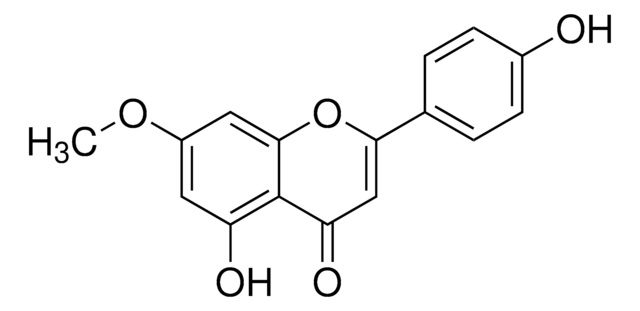G0295
Anti-GABAA Receptor (α6 subunit), Cytosolic Loop antibody produced in rabbit
affinity isolated antibody, buffered aqueous glycerol solution
Synonym(s):
Anti-γ-Aminobutyric Acid Type A Receptor (α6 subunit)
About This Item
Recommended Products
biological source
rabbit
Quality Level
conjugate
unconjugated
antibody form
affinity isolated antibody
antibody product type
primary antibodies
clone
polyclonal
form
buffered aqueous glycerol solution
usage
sufficient for 10 blots
species reactivity
rat
technique(s)
western blot: 1:1000 using rat brain membrane fraction.
UniProt accession no.
shipped in
wet ice
storage temp.
−20°C
target post-translational modification
unmodified
Gene Information
rat ... Gabra6(29708)
General description
Immunogen
Application
Biochem/physiol Actions
Target description
Physical form
Disclaimer
Not finding the right product?
Try our Product Selector Tool.
Storage Class Code
10 - Combustible liquids
WGK
WGK 1
Certificates of Analysis (COA)
Search for Certificates of Analysis (COA) by entering the products Lot/Batch Number. Lot and Batch Numbers can be found on a product’s label following the words ‘Lot’ or ‘Batch’.
Already Own This Product?
Find documentation for the products that you have recently purchased in the Document Library.
Our team of scientists has experience in all areas of research including Life Science, Material Science, Chemical Synthesis, Chromatography, Analytical and many others.
Contact Technical Service



![[D-Ala2]-Leucine enkephalin ≥97% (HPLC)](/deepweb/assets/sigmaaldrich/product/structures/205/481/4fd123c0-14c7-4f90-8bdc-9e54a4bea7f1/640/4fd123c0-14c7-4f90-8bdc-9e54a4bea7f1.png)



